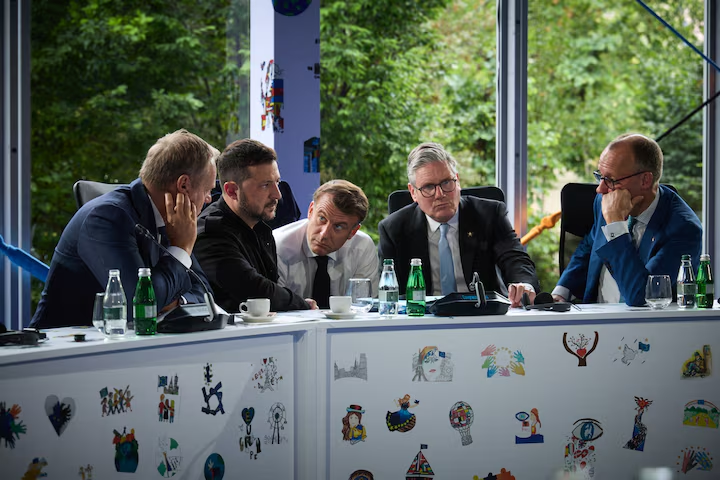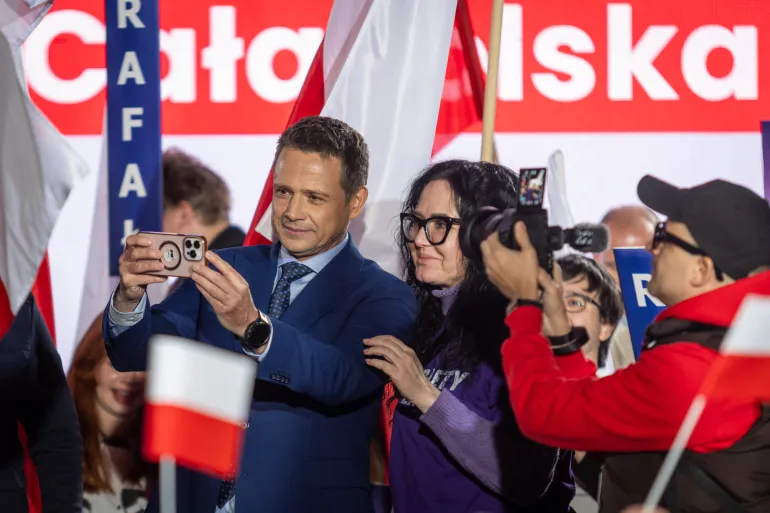A Russian drone strike has killed at least nine civilians in northeastern Ukraine, striking a passenger bus just hours after the first formal peace talks between Ukraine and Russia in more than three years failed to yield progress. The attack, which took place in the Kharkiv region, has triggered fresh outrage in Kyiv and calls for tougher sanctions on Moscow from Western allies.
Ukrainian President Volodymyr Zelensky condemned the strike, describing it as a “deliberate massacre of civilians” and a direct insult to peace efforts. “This is Russia’s answer to diplomacy,” Zelensky said in a statement Saturday, May 17, adding that the drone strike occurred while families were traveling through a humanitarian corridor deemed safe under international law.
The attack came just hours after Ukrainian and Russian delegations concluded peace talks in Istanbul, hosted by Turkey and mediated by European diplomats. While the talks were intended to lay the groundwork for a future ceasefire, both sides left the negotiations accusing each other of obstruction and bad faith.
President Zelensky criticized the Russian delegation for lacking a clear mandate and coming “with nothing to offer,” while Russian officials claimed Ukraine’s conditions—particularly demands for full withdrawal and war crimes tribunals—were unrealistic.
Ukraine’s Foreign Minister Dmytro Kuleba called for “immediate and severe” sanctions on Russia’s drone manufacturers and fuel suppliers, blaming Iranian-made Shahed drones for the attack. Western intelligence officials confirmed the use of explosive-laden UAVs consistent with the Shahed-136 model.
The Kharkiv regional governor said rescue workers recovered the remains of nine victims from the wreckage, which included two children. At least 15 other passengers were injured, several of them critically. Emergency services are continuing to investigate the site and recover evidence for possible war crimes prosecution.
International reactions were swift. European Commission President Ursula von der Leyen denounced the attack as “barbaric,” while NATO Secretary General Jens Stoltenberg reiterated that Russia “has no interest in peace.” The White House expressed solidarity with Ukraine and warned Moscow that any further escalation would prompt “new punitive measures.”
U.S. President Donald Trump, who recently announced plans to speak with both Zelensky and Russian President Vladimir Putin, has so far refrained from directly addressing the drone strike. Trump had earlier said he would “do whatever it takes” to stop the war, suggesting a personal diplomatic effort might follow.
Meanwhile, humanitarian agencies operating in Kharkiv have urged international donors to accelerate funding for displaced civilians. The strike has disrupted several aid convoys en route to shelters in the region, and power outages have been reported in nearby towns.
The latest escalation underscores the fragile nature of the conflict and casts a long shadow over any hopes for diplomacy. As Russia continues to employ drones and missiles in its offensive, Ukrainian cities remain on high alert, with air raid sirens sounding multiple times a day.
Despite the carnage, Kyiv insists that peace talks are still on the table—though under increasingly narrow conditions. “There can be no peace without justice,” said Zelensky. “And there will be no justice without accountability.”
The strike in Kharkiv is a stark reminder of the human cost of stalled diplomacy and a signal that, for now, the battlefield still speaks louder than the negotiating table.
Source; Reuters



